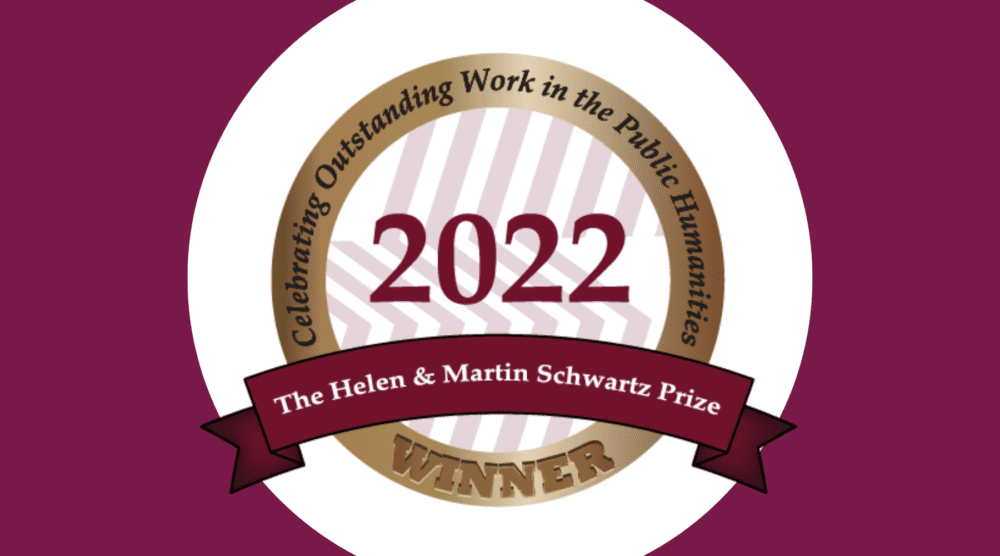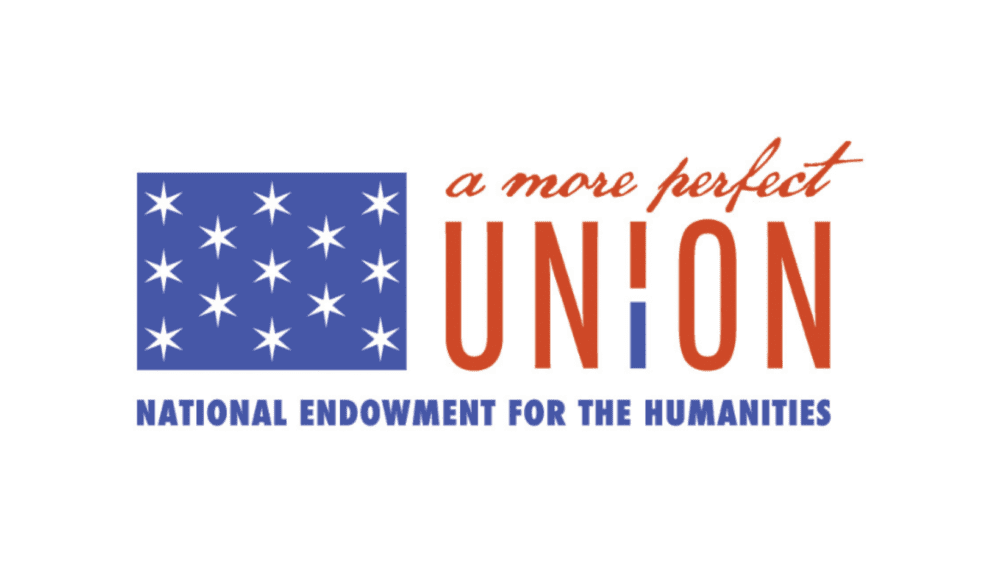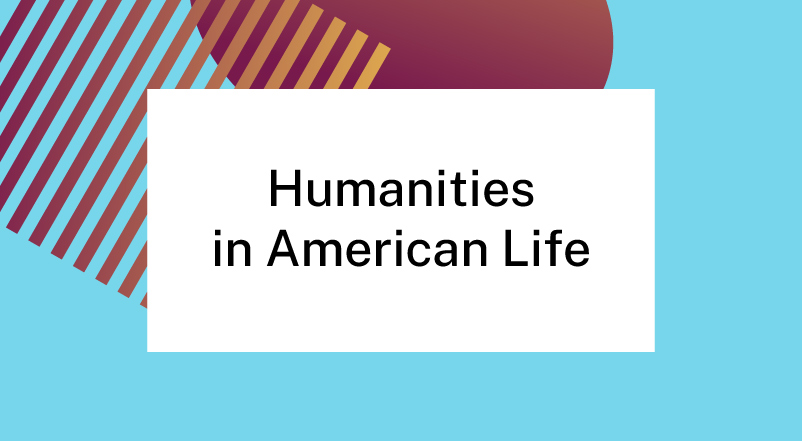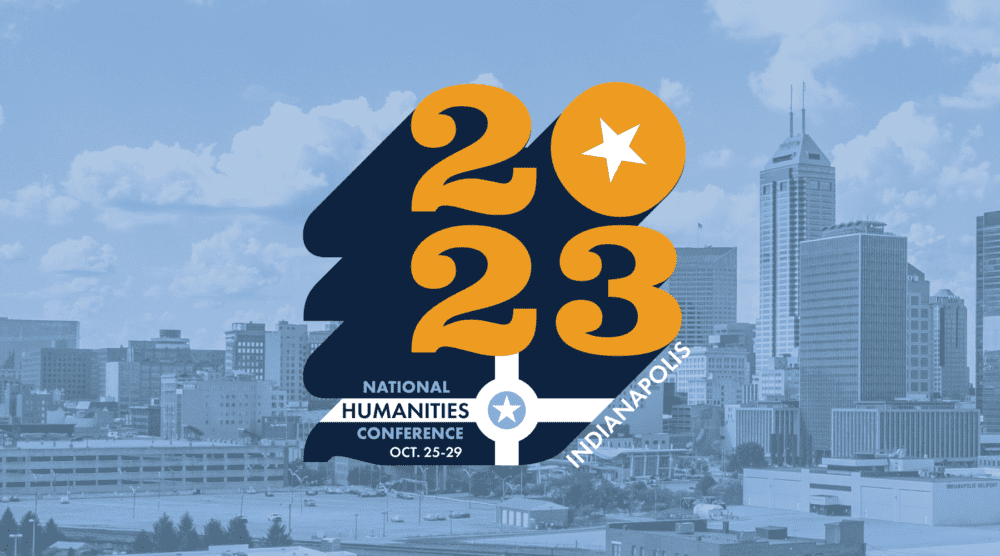The Federation of State Humanities Councils (Federation) and the National Humanities Alliance (NHA) are pleased to announce a new grant program to support the attendance and travel expenses of up … Read more
Meet the 2023 Federation Board of Directors
The 2023 Federation Board of Directors welcomed two new board members on November 12: Miranda Restovic, President and Executive Director of the Louisiana Endowment for the Humanities and Leo G. … Read more

Hawai’i and Oklahoma Humanities Councils Win Schwartz Prizes for Outstanding Humanities Programming
November 17, 2022 [Los Angeles, CA] The Federation of State Humanities Councils (Federation) presented the 2022 Schwartz Prize for outstanding work in the public humanities to: Hawai’i Council for the Humanities … Read more
2022 National Humanities Conference Equitable Access Grant Recipients
The Federation of State Humanities Councils and the National Humanities Alliance are pleased to announce the 2022 National Humanities Conference Equitable Access grant recipients. This program has been made possible … Read more
National Humanities Conference Equitable Access Grants
The Federation of State Humanities Councils (Federation) and the National Humanities Alliance (NHA) are pleased to announce a new grant program to support the attendance and travel expenses of up … Read more

Councils Explore A More Perfect Union
Last September, the National Endowment for the Humanities announced $2.8 million in funding for 56 state and jurisdictional humanities councils and other partners to support civic engagement and American history … Read more

Black Roots: Everett Fly Delivers Frederick Law Olmsted Lecture at Harvard University
“Bit by bit, I was able to find enough documentation on thirty or forty Black communities, including Tuskegee, Alabama; Mound Bayou, Mississippi; Hobson City, Alabama; and Eatonville, Florida. I collected enough to submit a coherent paper and thought I had proved my point—that African Americans had even built towns,” Fly said. Read on to learn more about “American Cultural Landscapes: Black Roots and Treasures.”

